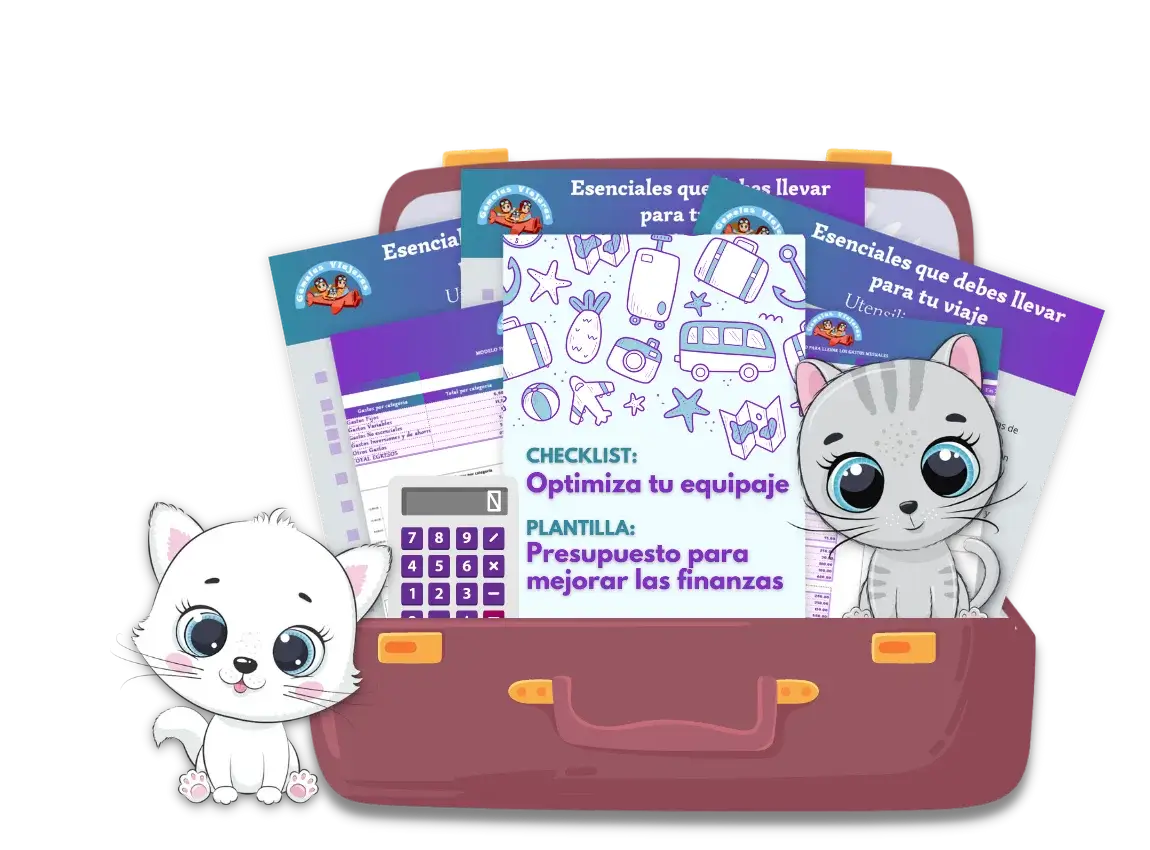![]() Many believe that Responsible Tourism is “a type of tourism”. That it is a different modality from “conventional tourism” or that it is a “niche of the tourist market”.
Many believe that Responsible Tourism is “a type of tourism”. That it is a different modality from “conventional tourism” or that it is a “niche of the tourist market”.
This is not true. What governments, organizations and individuals have sought since the 90s of the last century is that there is a significant change in the paradigm of the tourist. Otherwise, everything we currently enjoy when we go on a trip will be destroyed for the next generations.
An idea that we like as an approach to the concept of Responsible Tourism is“the respect of the rights and needs of all those – humans and other living beings – who make your holidays possible”.
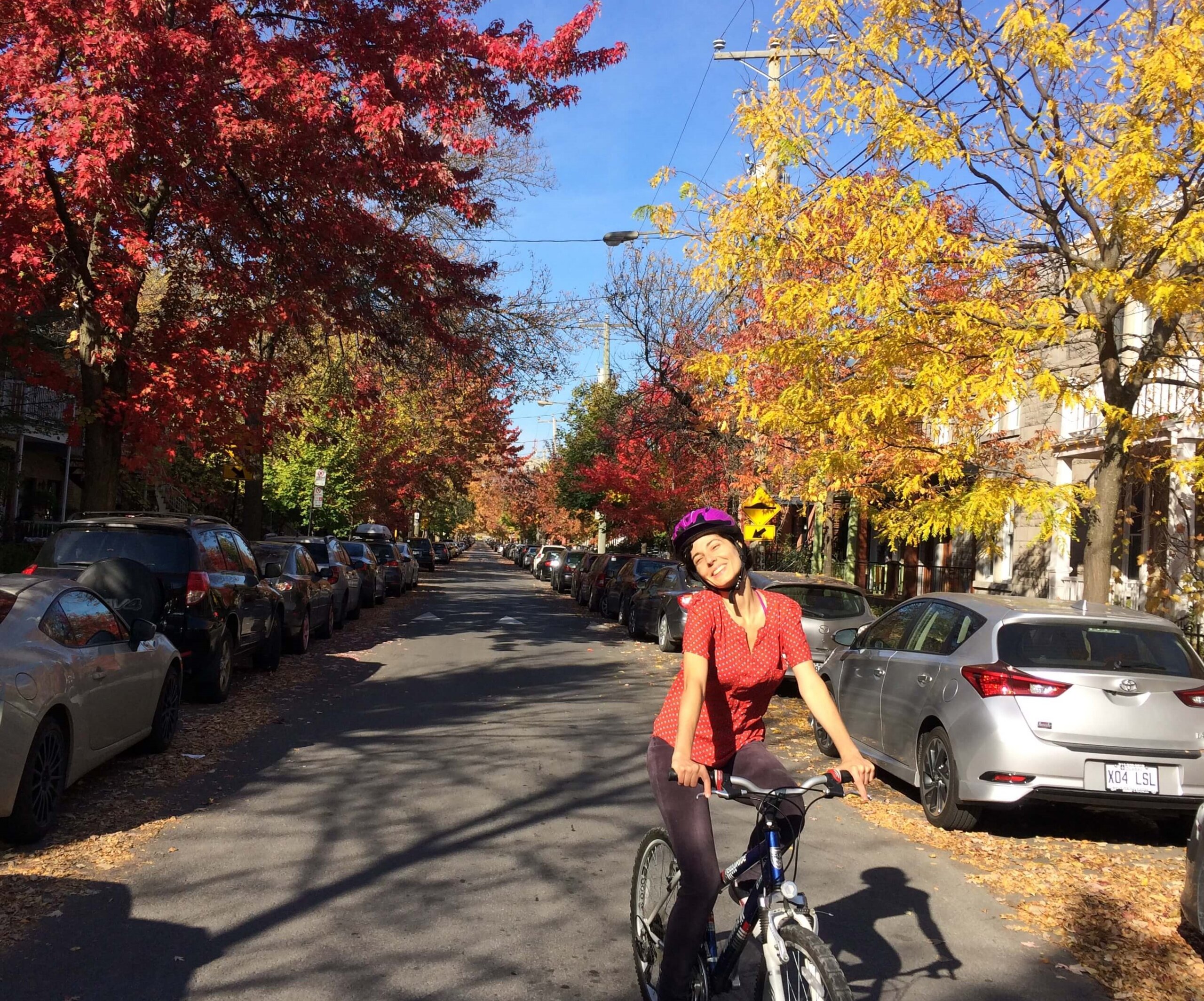
A question for governments…
![]() On the one hand, achieving such a paradigm shift requires the “rule of law”.
On the one hand, achieving such a paradigm shift requires the “rule of law”.
It is not only necessary to carry out campaigns such as “Caring is Wanting” that will achieve the change of mentality and awareness.
It is necessary for national and local authorities to develop legal bodies that protect and control tourism so that the goal of “sustainability” and ensuring the enjoyment of tourism assets for future generations is achieved.
For example, on our trip to the Canadian Natural Parks we found that the Canadian authorities were concerned about the impact that mass tourism has on natural environments.
For this reason, laws are being enacted to control the number of people accessing this canadian tourism milestone. … and for each of us
On the other hand, a second side that directly involves us.
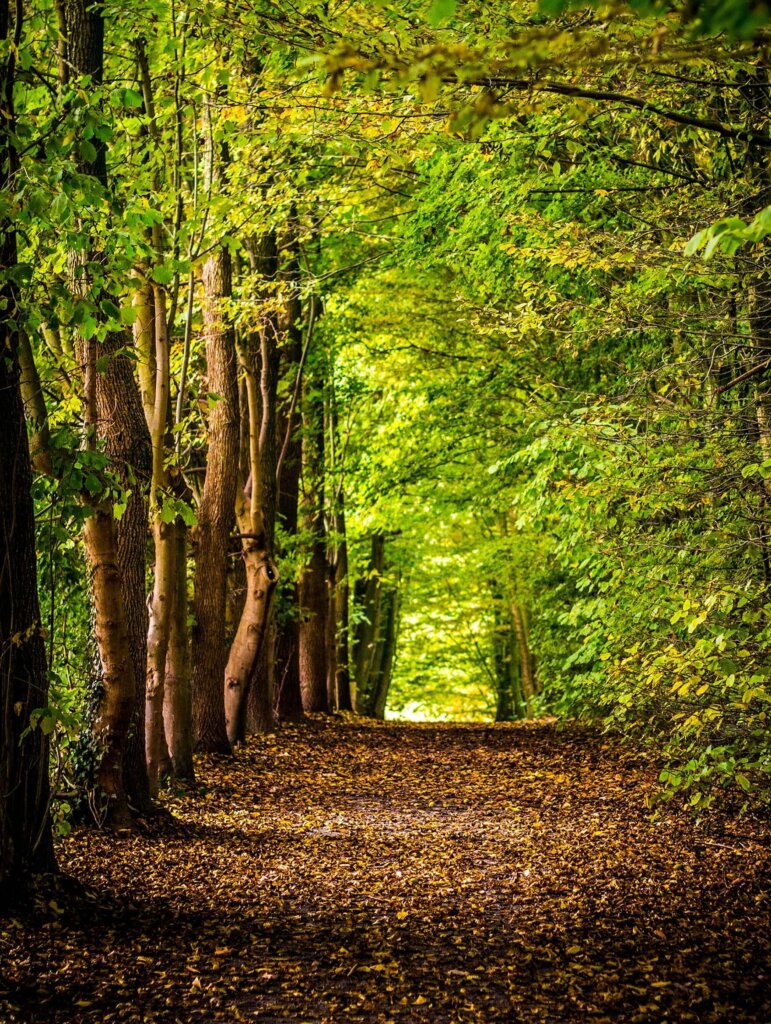
It is up to each of us, travelers and tourists, to make the decision to make this awareness of responsibility to the local environment and culture part of our nature.
In this respect, what we can do without being forced by law is what will really make a difference.
So here are some things we think we can do to support this shift in consciousness.
Ecological footprint
Tourists must be aware that when traveling we are already polluting the environment since, when using the plane, it has an important environmental impact, since it accounts for more than 40% of total CO2 emissions. 
A passenger consumes on average 285 grams of CO2 per km of travel by plane. To compensate as much as possible for this pollution caused we can plant trees, each tree can remove about 10 kilos of carbon from the atmosphere.
We look for a way to drink water from natural sources, rivers or lakes, or filtered from the house, always carrying a thermos at hand, and thus avoid the consummation of plastic bottles.
Buy as much as possible local products, this boosts the economy of the country.
Once in the destination city, seek as much as possible to move by bicycle or walking, and so you are helping the planet and at the same time you are maintaining good health.
Become aware of saving electricity and water. And do not contaminate the environment leaving garbage wherever you are.
Local positive impact
We privilege proposals with a positive impact on small local economies.
For example, the Tropical Andes initiative seeks through training peasants and inhabitants of Andean areas of Venezuela to provide tourist services.
People with few resources are taught subjects such as “customer service”, “preparation and maintenance of lodging”, “guide services”, “defense and conservation of the environment”, etc.
They are services intended for backpackers, backpackers and people who want to experience the local culture and traditions.
The great advantage for the traveler is that they stay and receive guide services at very cheap prices with native families. In addition to contributing to the direct economy of Andean families because there are no mediators, the payment of the service goes all to the family.
Absolute respect for tourism rules
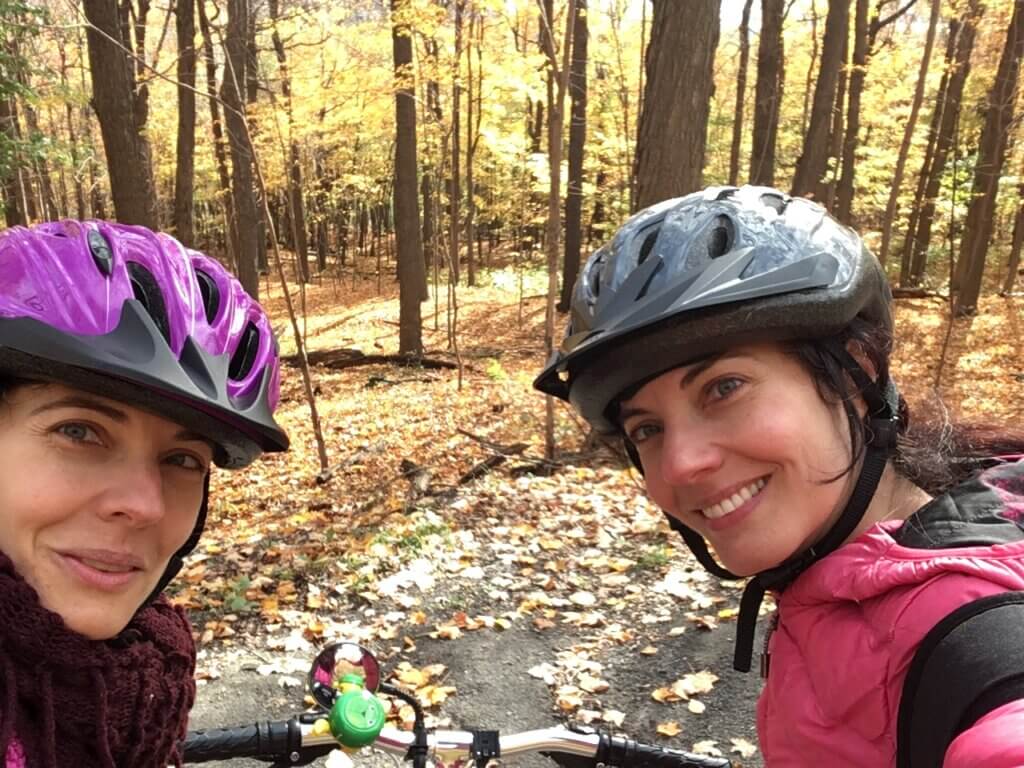
Abide by the rules is the most direct way to collaborate with the conservation of the environment of the country you visit.
These rules and laws are not a suggestion. They are mandatory in nature.
In the Sistine Chapel it is forbidden to take photos with flash because the strong light degrades the frescoes. One sees how certain people, instead of buying postcards with excellent image quality, prefer to skip the controls of the guards and take photos with flash. This in order to take away, more than a souvenir,a statement of “I could”, a challenge to authority.
Respect for local culture
 To respect in an authentic and profound way it is necessary to understand. To understand it is necessary to make a conscious effort to learn from that culture, from that place or natural place. Its meaning, its beauty or solemnity.
To respect in an authentic and profound way it is necessary to understand. To understand it is necessary to make a conscious effort to learn from that culture, from that place or natural place. Its meaning, its beauty or solemnity.
Some, unconsciously not understanding the irreparable damage they commit, fall into practices that we can not call in any other way than “vandalism”.
Some leave their “personal signature” in the form of engraved writing or painted their name “as a sign that I was here.”
Others enter shorts and talking loudly to a temple. They are sacred sites for many and we tourists, however atheous we may be, are obliged to respect them.
Of the natural places, especially in the so-called Third World, we see how it is common to take plants and even animals from national parks. Leave everything as you found it, do not take anything from the country you are visiting.
We must not only refrain from doing so, but also denounce whether we are witnessing similar events.
Conscious tour operators
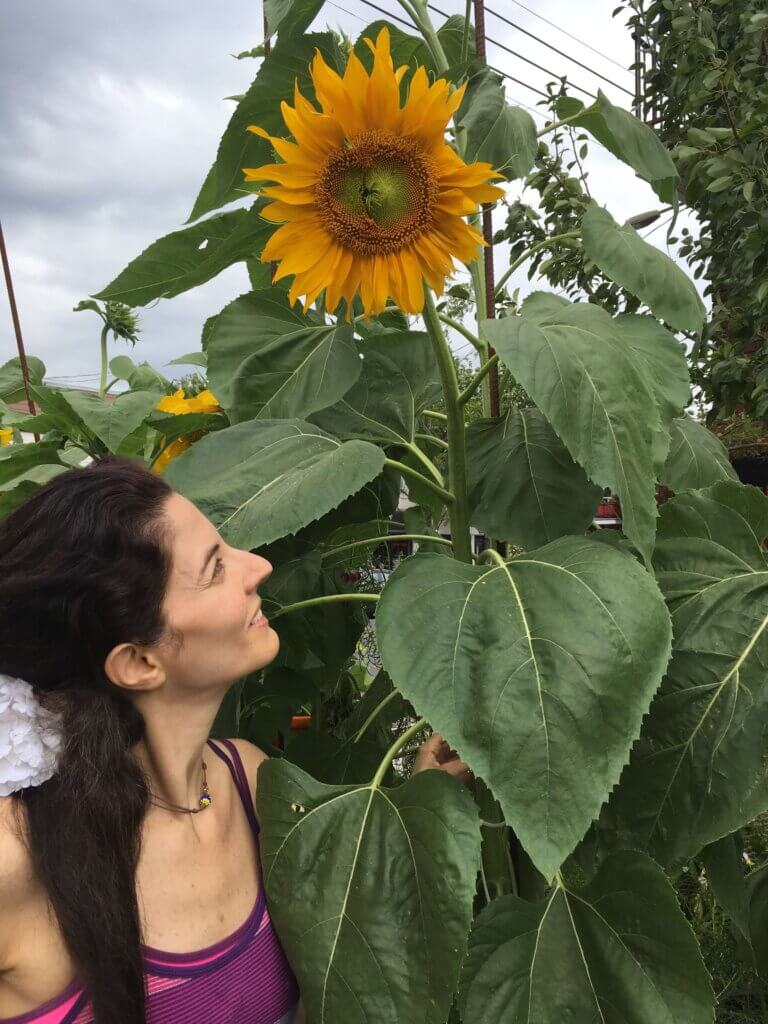 In our travels, we always do extensive pre-research. And a lot of that research is going into identifying and choosing tour operators that we think are responsible and aware.
In our travels, we always do extensive pre-research. And a lot of that research is going into identifying and choosing tour operators that we think are responsible and aware.
But how do you determine whether a tour operator, accommodation or tour service provider agrees with those ideas? After all, everyone will tell you that they are or will advertise themselves “eco-friendly” or “heritage-friendly” or “anything-friendly“, because they think “it’s fashionable” and that can bring them more customers.
There are portals where the traveler can rate these operators in light of their responsibility to the local environment and culture of the destinations they offer. We can mention Travelife, Trip Advisors Green Leaders and Book Different.
Involvement of the local population
It is common, especially in the United States that a travel agency organizes a visit to a place in the world and they take you, bring you, serve as intermediaries with the locals and you practically do not interact with the local population.
That kind of tourism obviously involves paying local taxes, but that money doesn’t always go to the economy of the locals we visit.
Even less so in developing countries where the high level of corruption is no secret.
Therefore, we encourage you to look for tour operators who hire local people for visits.
You will also see how your level of involvement with the area visited will be much more productive and rewarding. It doesn’t matter how much a foreign tour operator knows a place. A local inhabitant will have a different and richer way of seeing things on their own turf.
Conclusions

As we have already said, we have a worldview as a tapestry: You are not going to break a fabric without undoing many others.
That’s why the things we do or don’t do today will not only impact our contemporaries, but future generations.
For those future generations to inherit the beautiful planet that we inherited, we must leave things as they are.
Better yet: leave them better than how we found them.
And for that we only have to do one thing. Just one, but it’s not easy at all.
We must operate a qualitative change in ourselves, in our way of relating and seeing the world.
Only then will we be worthy of having received this world.
